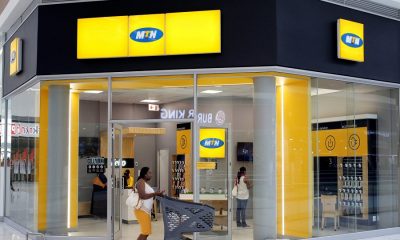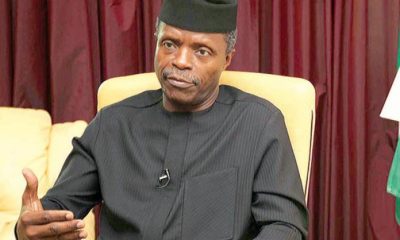Consequently, the margin between the parallel market and NAFEM rates narrowed to N1.57 per dollar from N55.79 per dollar on Monday.
Business
Lagos free zone attracts more firms, targets $12bn for GDP
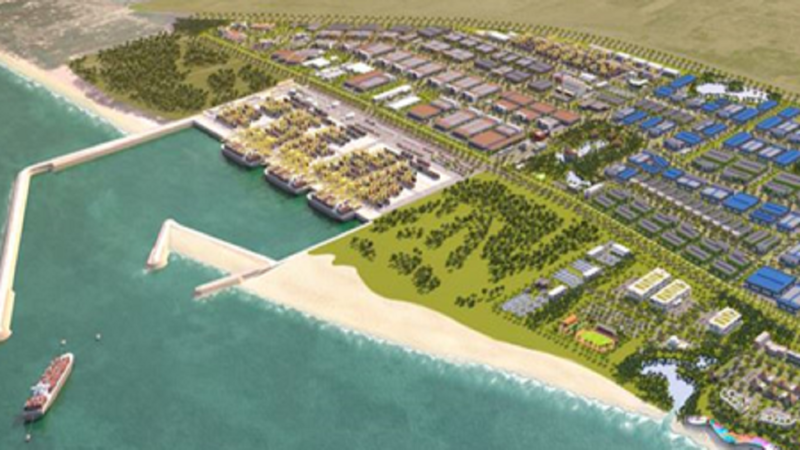
Lagos free zone attracts more firms, targets $12bn for GDP
Lagos Free Zone (LFZ) says it will contribute about $12bn to Nigeria’s annual Gross Domestic Product (GDP) by 2032.
The GDP target is made possible with more businesses showing interest in the area.
Managing Director of the LFZ, Dinesh Rathi, spoke on development plans of the zone at a recent meeting with journalists at the company’s head office in Ibeju Lekki, Lagos.
He said the $12bn GDP target would be achieved when the zone becomes fully functional.
Already, he said the LFZ had so attracted $2.5 billion as foreign direct investment (FDI).
Newstrends learnt that the zone being promoted by Tolaram Group sits on 850 hectares of land in Lagos and houses the Lekki deep seaport.
Rathi said the free zone requires at least 150 companies to operate at full capacity.
He stated, “If you look at the zone and the master plan, today, we are having 24 companies operating inside the zone, once you have 150 to 160 companies operating inside the zone, and if you put a number based on that, we can easily get an output equivalent of $12 billion,” he said.
“We did our workings and that is our vision. And then, with that number, you will be two to three per cent of the national GDP.
“This whole free zone along with the Lekki port can be a game changer in the years to come. And this has happened in the case of China and Dubai.”
As implied by Rathi, who doubles as the Chief Executive Officer (CEO) of LFZ, the $12 billion target is dependent on the influx of companies in the zone.
At the moment, only Indian corporates such as Kellogg’s, Colgate, Arla Foods, and BASF Corporation are tenants at the.
Firms from the South Asian country were last month invited to set up shops in the area.
The managing director also hinted of plans bring in local companies.
“We are in constant touch with a lot of Nigerian operators to get them inside the zone and leverage the port and the zone to create, not only a hub for domestic sales but also for exports under the continental free trade agreement and under the ECOWAS treaties,” he said.
As part of its growth plans, the company said it planned to develop a gas infrastructure to serve the electricity needs of companies in the area.
The LFZ has reportedly signed a 20-year gas infrastructure development agreement (GIDA) to connect the zone with the national gas transportation grid.
According to the organisation, Optimera Energy LFZE, a consortium of Falcon, FHN and ND Western will implement the project and “deliver piped natural gas to all LFZ tenants”.
Since LFZ’s development kicked off 10 years ago with the aim of enhancing the ease of doing business, the firm said it had received over 23 registered enterprises, manufacturing and logistics companies.
Business
Naira trades at N1,415/$ on parallel market

Naira trades at N1,415/$ on parallel market
The Naira yesterday depreciated to N1,415 per dollar in the parallel market, from N1,410 per dollar on Monday.
Similarly, the Naira depreciated in the Nigerian Foreign Exchange Market, NAFEM, to N1,416.57 per dollar.
READ ALSO:
- Foreigners now visit Nigeria for plastic surgery, others – Minister
- Father of 12 found dead in Bayelsa brothel after sexual escapade
- Man bags life imprisonment for raping 8-year-old girl in C’River
Data from FMDQ showed that the indicative exchange rate for NAFEM fell to N1,416.57 per dollar from N1,354.21 per dollar on Monday, indicating N62.36 depreciation for the naira.
Business
CBN extends suspension of cash deposit charges by bank customers

CBN extends suspension of cash deposit charges by bank customers
The Central Bank of Nigeria (CBN) has directed commercial banks to extend suspension of charges on cash deposit until September 30 this year.
This directive was conveyed through a circular dated May 6, signed by Adetona Adedeji, the Director of Banking Supervision at the apex bank.
The banks had reintroduced fees for deposits exceeding N500,000 for individuals and corporate account holders on May 1.
Following the banks’ decision, individuals were set to incur a two per cent charge on deposits exceeding N500,000, while corporate account holders faced the same levy on deposits surpassing N3 million.
The new circular read, “Please refer to our letter dated December 11, 2023, referenced BSD/DIR/PUB/LAB/016/023 on the above subject, suspending processing charges imposed on cash deposits above N500,000 for individuals and N3,000,000 for corporates as contained in the ‘Guide to Charges by Banks, Other Financial Institutions and Non-Bank Financial Institutions’ issued on December 20, 2019.
“The Central Bank of Nigeria hereby extends the suspension of the processing fees of two per cent and three per cent previously charged on all cash deposits above these thresholds until September 30, 2024.”
Business
Fuel: Independent marketers introduce new pump price
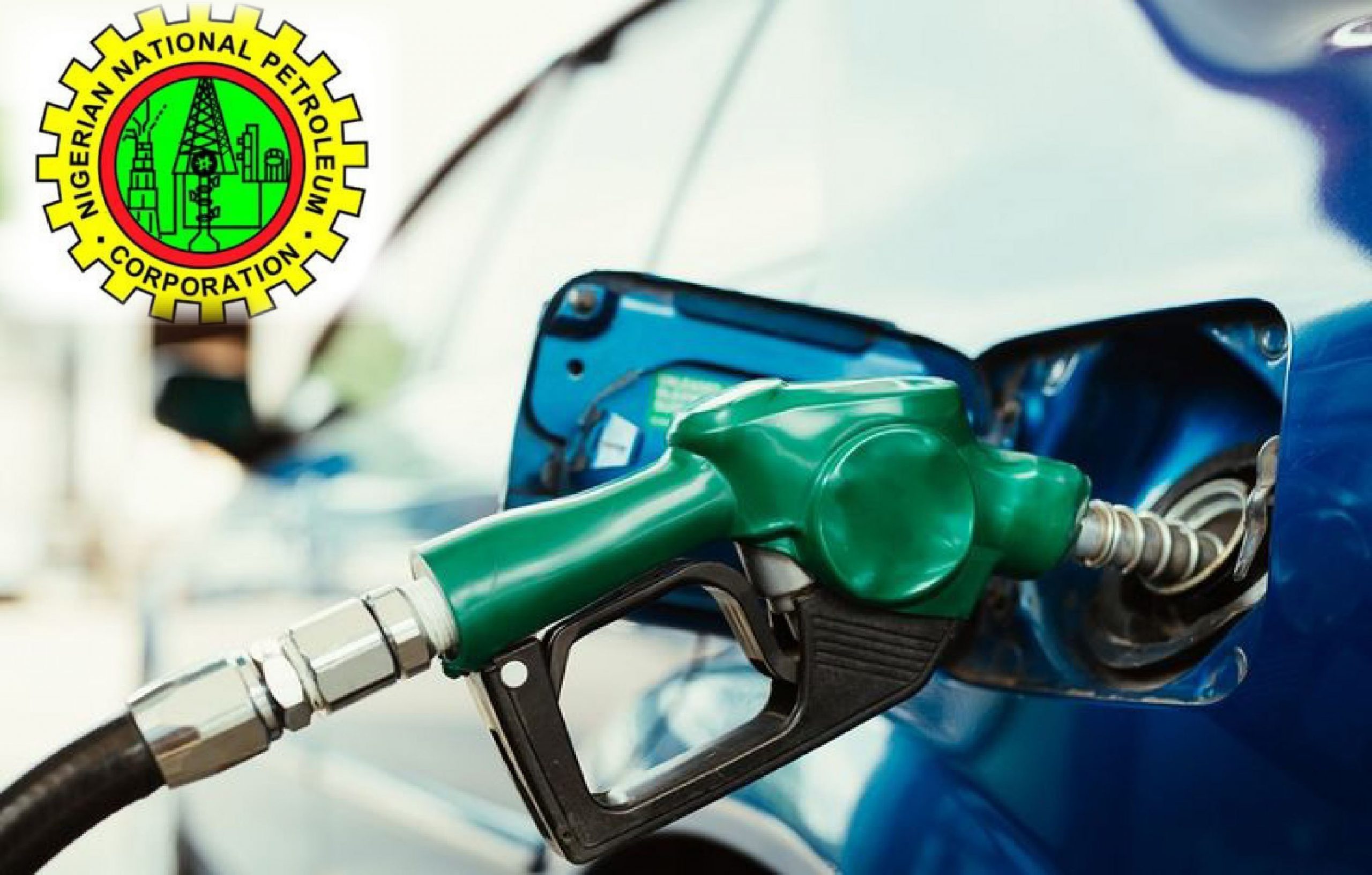
Fuel: Independent marketers introduce new pump price
New reports indicate a surge in fuel pump prices across the nation, with both major and independent marketers adjusting their rates.
Investigations conducted in Abuja and Lagos reveal a significant disparity in petrol prices between stations owned by major and independent marketers.
Major marketers are keeping their prices relatively steady, whereas independent operators have increased their rates by 20 to 30%.
READ ALSO:
- 33 states face flooding risk, NEMA warns
- Diego Maradona’s golden ball trophy for auction in Paris
- JUST-IN: Tinubu returns to Nigeria after Netherlands, Saudi trips
Presently, major marketers are vending at an average of ₦605 per litre, while independent marketers are setting prices at around ₦730 per litre.
Independent marketers attribute the price hike to a breakdown in the system of the Nigerian National Petroleum Company Limited (NNPCL), pointing to advantageous Business-to-Business transactions benefiting major marketers.
They clarify that independent marketers no longer have direct access to imported petroleum products at depot prices.
Further investigations indicate that while petrol is available at stations throughout Lagos, prices have not decreased.
A motorist, Olatunde, disclosed purchasing petrol for ₦850 per litre at a station along the Iju-Ishaga area of Lagos, despite the absence of queues. He noted this as a significant increase compared to the previous ₦630 per litre.
Fuel: Independent marketers introduce new pump price
-
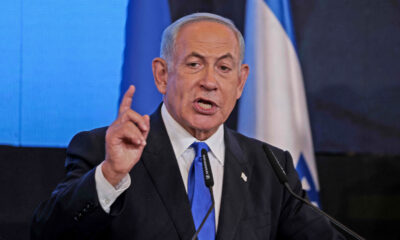
 International2 days ago
International2 days agoNetanyahu rubbishes Hamas ceasefire proposal
-

 News2 days ago
News2 days agoNigerian varsity VC suspended over alleged gross misconduct
-

 News3 days ago
News3 days agoFubara: I have moved on with governance despite political pressure
-
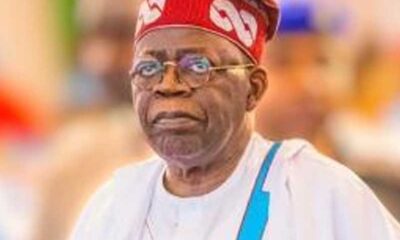
 News3 days ago
News3 days agoPresidency silent over Tinubu’s whereabouts after official trips abroad
-

 Politics1 day ago
Politics1 day agoAbia deputy gov candidate, lawmaker dump PDP
-

 metro1 day ago
metro1 day agoThree siblings attack school teacher for flogging brother in Port Harcourt
-
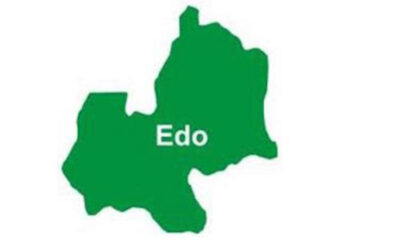
 Politics3 days ago
Politics3 days agoEdo 2024: Muslims demand fair representation in govt
-

 metro12 hours ago
metro12 hours ago33 states face flooding risk, NEMA warns



